VERIV INSIGHTS
A commitment to accurate and valuable Insights
Thank you! Your submission has been received!
Oops! Something went wrong while submitting the form.
Don’t miss out!
Our subscribers are usually the first to get informed on our recent contents, we hope you become one too. it’s free so, why not?
Thank you! Your submission has been received!
Oops! Something went wrong while submitting the form.




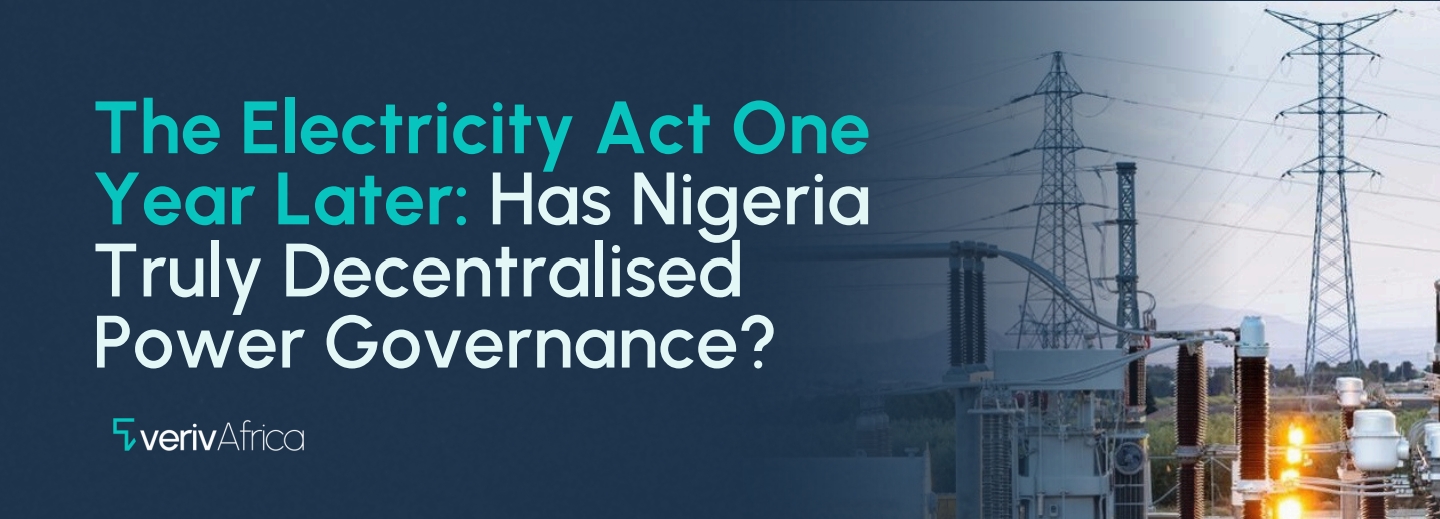
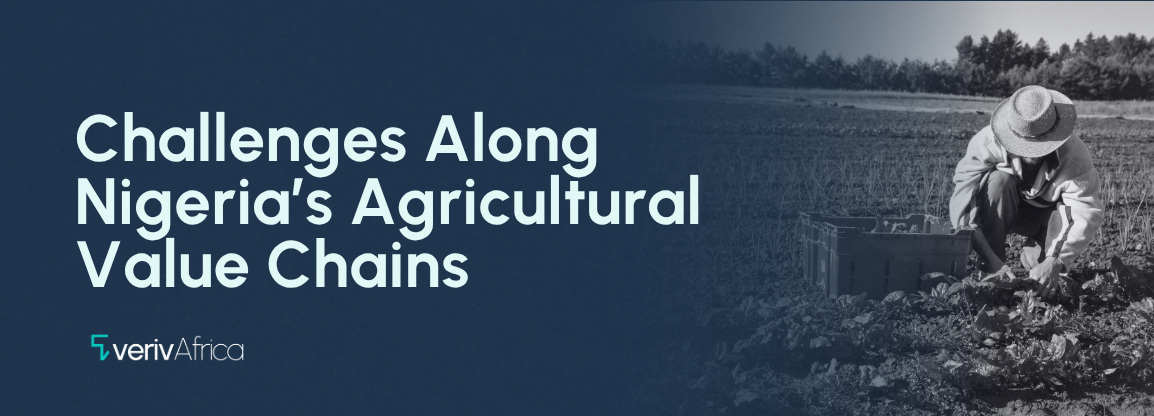


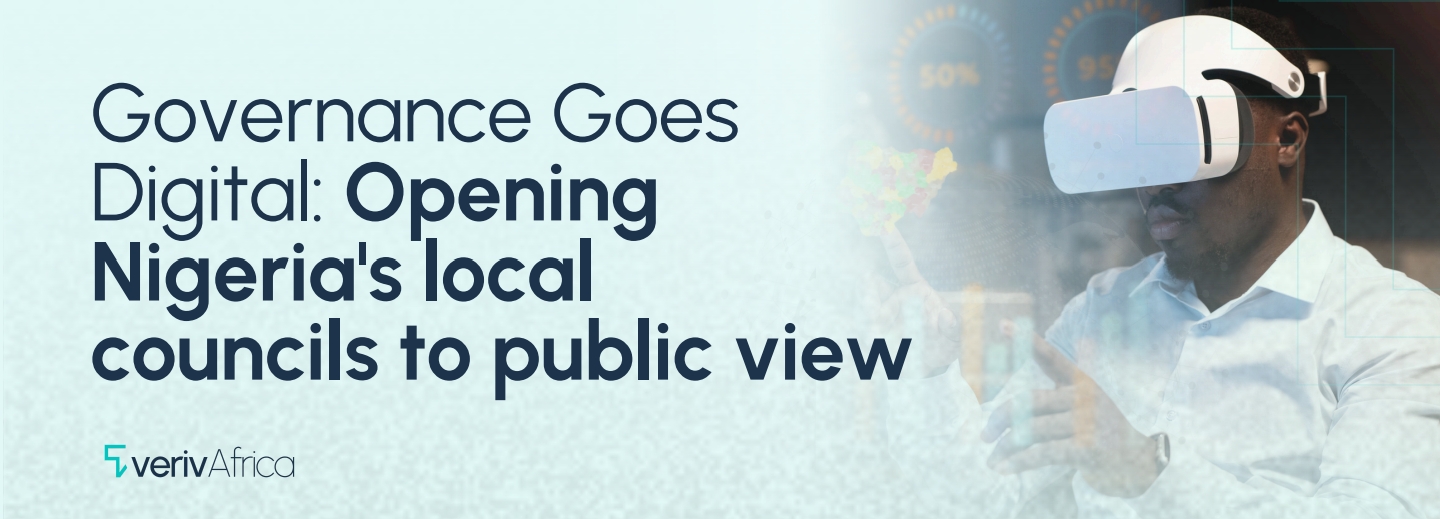

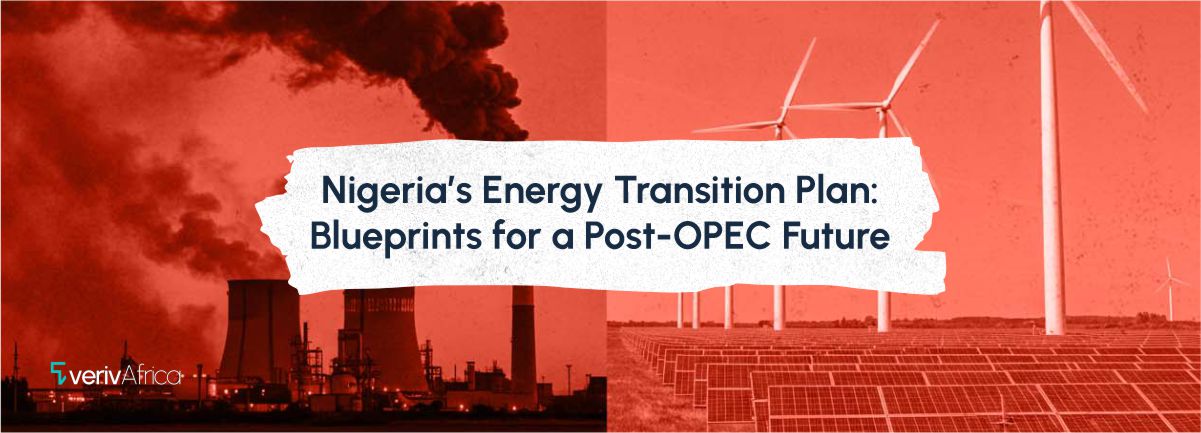
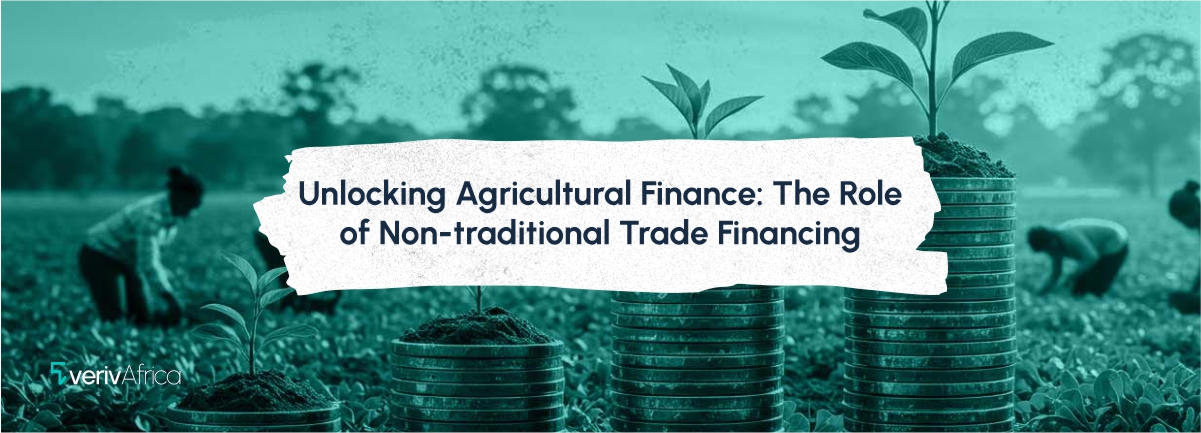
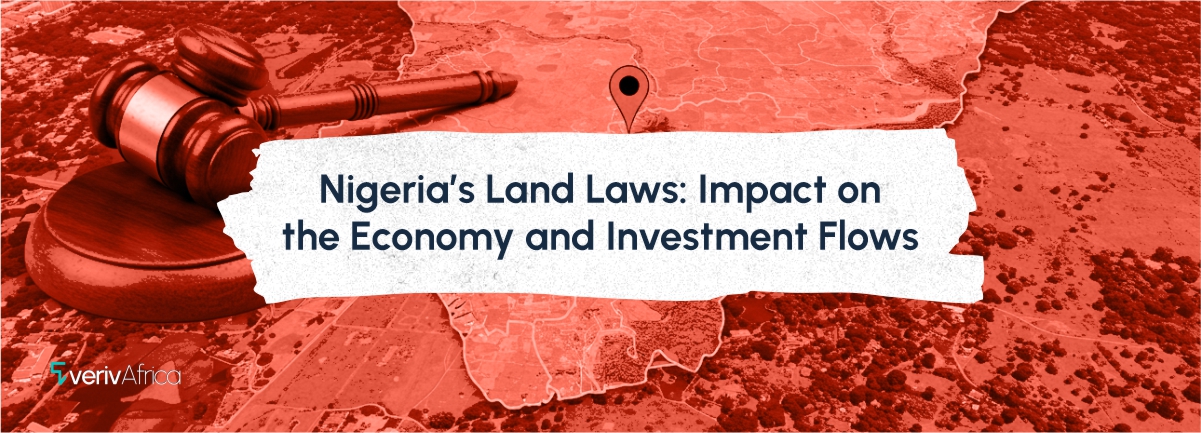
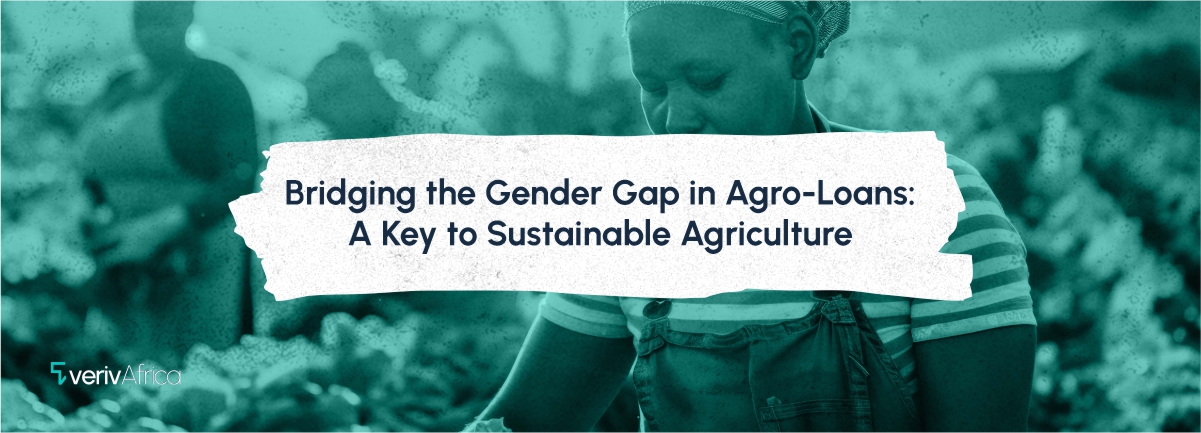
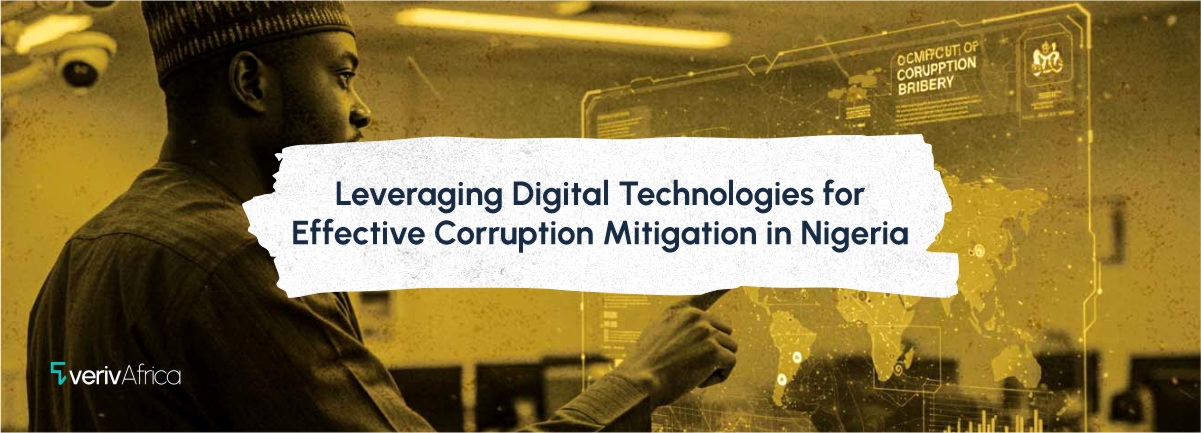
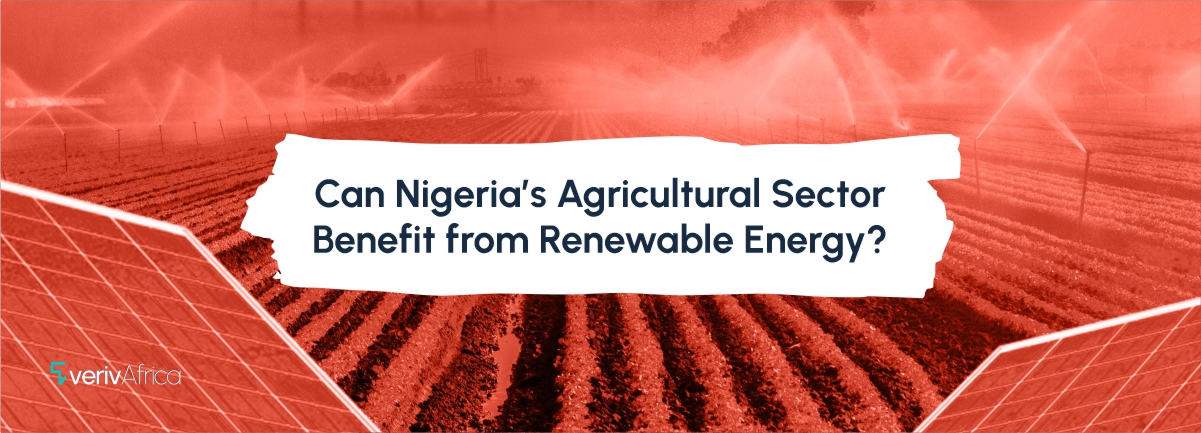



.jpg)























.jpg)




























































